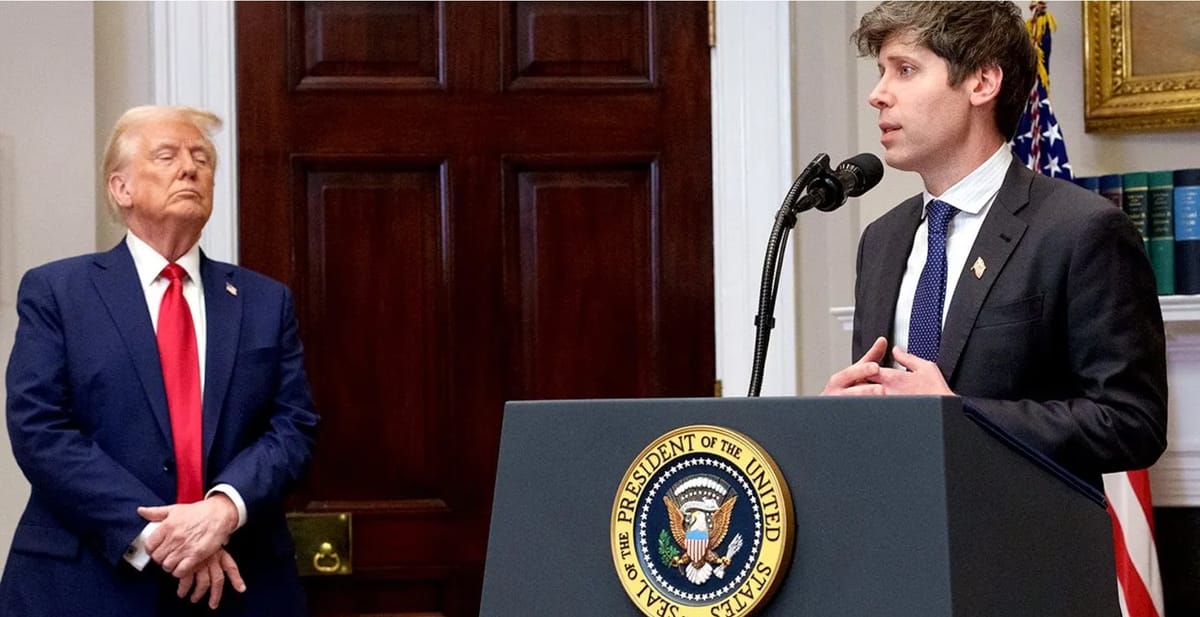OpenAI is making its voice heard as the U.S. government drafts its AI Action Plan. In a newly released policy submission, the company lays out a framework centered on preserving the “freedom to innovate,” warning that overregulation could hinder American AI leadership while benefiting competitors like China. OpenAI’s recommendations focus on regulatory preemption, copyright reforms, infrastructure investment, and export controls to ensure AI growth aligns with democratic principles.
Key Points
- OpenAI argues that excessive state-level AI regulations could weaken U.S. competitiveness and calls for a federal preemption framework.
- The company urges copyright protections that allow AI models to continue learning from publicly available content without restrictive licensing.
- OpenAI supports stronger export controls to prevent adversaries, particularly China, from gaining access to advanced AI technologies.
- The firm proposes AI infrastructure investments to sustain America’s technological edge, including expanded data centers and workforce training.
OpenAI has presented a comprehensive set of recommendations to the White House’s Office of Science and Technology Policy (OSTP), outlining its vision for the U.S. AI Action Plan. The policy proposals seek to ensure that AI development remains unimpeded by excessive regulation while reinforcing America’s position as the global leader in AI.
At the core of OpenAI’s submission is a call for regulatory preemption—a federal framework that would override individual state laws to create a more uniform approach to AI governance. The company argues that a fragmented regulatory landscape could slow innovation and give China a competitive advantage. OpenAI’s plan suggests a voluntary government-industry partnership to ensure national security while reducing regulatory burdens on AI developers.
OpenAI also weighs in on copyright policy, advocating for AI’s ability to learn from existing content under the U.S. fair use doctrine. The company warns that restrictive licensing models—such as those emerging in Europe—could stifle innovation. It suggests that limiting access to copyrighted data for AI training would put American firms at a disadvantage against China, which faces fewer intellectual property constraints.
Another key aspect of OpenAI’s recommendations is export control strategy. The company proposes categorizing countries into three tiers: allies that align with democratic AI principles, nations that require stricter oversight, and adversarial states—namely China—that should be barred from accessing U.S. AI technologies. OpenAI also emphasizes the need to counter China’s AI ambitions, particularly as Beijing advances models like DeepSeek that could challenge U.S. dominance.
On the infrastructure front, OpenAI urges the government to invest heavily in AI-specific energy grids, workforce training, and data centers to sustain America’s AI leadership. The company proposes initiatives such as tax incentives for AI startups, AI-friendly economic zones, and a national AI readiness strategy to ensure the U.S. workforce is equipped for the AI-driven economy.
Lastly, OpenAI argues that the U.S. government must modernize its own AI adoption. It highlights the need for faster security accreditation for AI systems, streamlined procurement processes, and stronger public-private partnerships to deploy AI tools in federal agencies, particularly in national security contexts.
OpenAI’s submission echoes themes from its January Economic Blueprint, which positioned AI as a key driver of economic growth and global influence. With the Biden administration shaping the future of AI regulation, OpenAI’s policy push underscores the ongoing tension between fostering innovation and ensuring ethical oversight in the rapidly evolving AI landscape.

